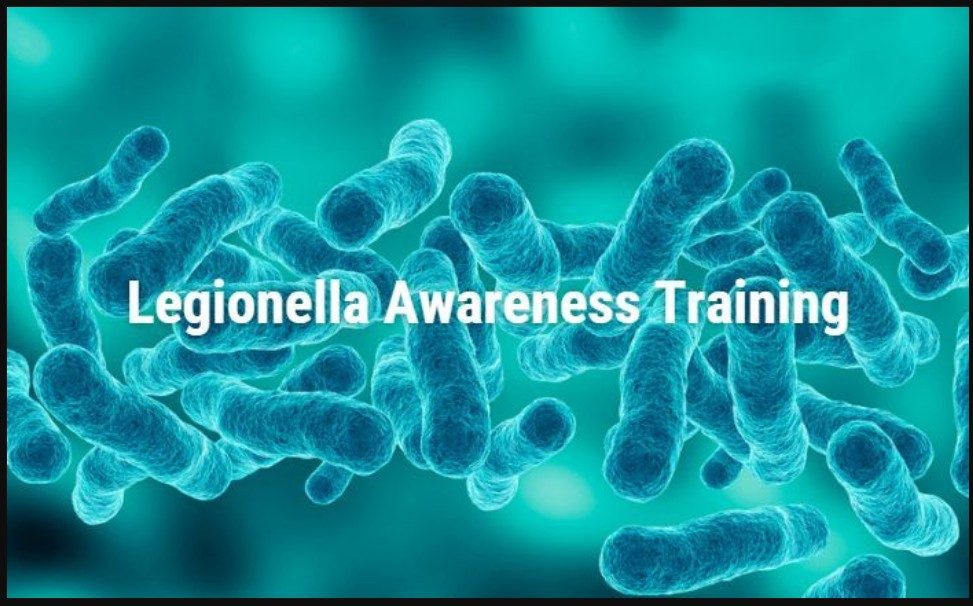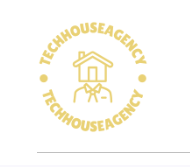Facility managers are responsible for ensuring the safety and well-being of building occupants. One crucial aspect of this responsibility is mitigating the risk of Legionella bacteria, which can cause Legionnaires’ disease—a severe form of pneumonia. Proper Legionella Awareness Training equips facility managers with the knowledge to prevent outbreaks, comply with health regulations, and maintain water systems safely.
Understanding Legionella and Its Risks
Legionella bacteria thrive in water systems, particularly in stagnant or warm water environments. When inhaled through contaminated water droplets, the bacteria can cause Legionnaires’ disease, leading to severe respiratory issues and, in extreme cases, fatalities. Facility managers must understand where Legionella can develop, how it spreads, and the risks it poses to vulnerable individuals, such as the elderly or those with weakened immune systems.
Legal and Regulatory Compliance
Health and safety regulations require facility managers to implement measures that reduce Legionella risks. Various laws mandate risk assessments, water testing, and preventive actions to ensure compliance. Failing to adhere to these regulations can lead to legal consequences, financial penalties, and reputational damage. Completing Legionella Awareness Training ensures facility managers stay updated on the latest legal requirements and industry best practices.
Implementing Risk Assessments
Regular risk assessments help identify potential Legionella growth areas within a facility’s water systems. Facility managers must inspect cooling towers, water tanks, and pipework where stagnant water can accumulate. Proper risk assessment techniques include temperature monitoring, water testing, and identifying any structural issues that may contribute to bacterial growth. A structured training program provides the necessary skills to conduct thorough and effective assessments.
Best Practices for Water System Maintenance
Effective water system maintenance is a crucial step in controlling Legionella bacteria. Facility managers should implement flushing routines, maintain appropriate water temperatures, and use biocides when necessary. Understanding the maintenance requirements for various water systems, from large HVAC units to small domestic tanks, ensures compliance with safety standards. Proper training helps managers implement a proactive approach to water safety.
The Role of Emergency Preparedness
In case of a suspected Legionella outbreak, quick action is essential. Facility managers should have an emergency response plan that includes isolating contaminated water sources, notifying health authorities, and conducting thorough cleaning and disinfection procedures. Trained managers can effectively handle crisis situations and prevent further exposure to Legionella bacteria.
Educating Staff and Occupants
Facility managers must educate maintenance staff and building occupants about Legionella risks and prevention methods. Training sessions, informative signage, and regular updates ensure that everyone follows proper water usage and hygiene protocols. An informed team contributes to a safer environment and reduces the likelihood of Legionella contamination.
The Importance of Continuous Learning
Legionella management is not a one-time effort. Ongoing training and periodic refresher courses help facility managers stay informed about emerging risks, technological advancements, and updated regulations. Enrolling in a Legionella Awareness Training program ensures continued competency and enhances water safety practices.
Conclusion
Legionella bacteria pose significant risks to public health, making proper management a top priority for facility managers. Training programs equip managers with the knowledge to assess risks, maintain water systems, and respond to potential outbreaks effectively. By completing Legionella Awareness Training, facility managers can uphold safety standards, comply with regulations, and create a healthier environment for building occupants.














